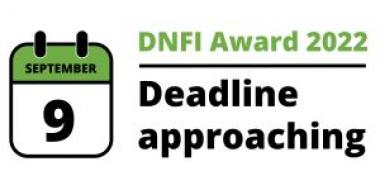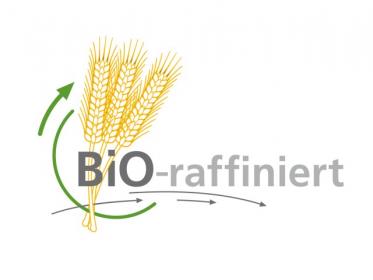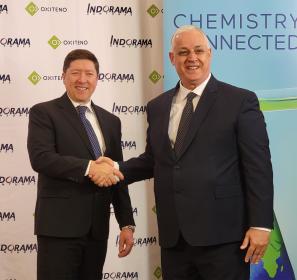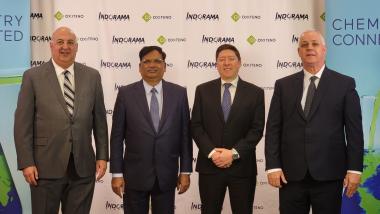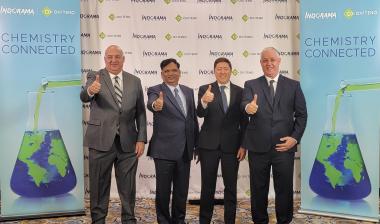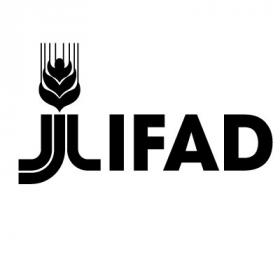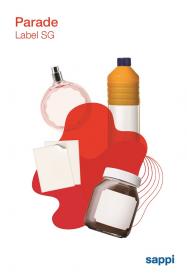Polartec: New High-Performance fabric with recycled materials
Polartec® introduces Polartec® Power Shield™ RPM, made from recycled polyester materials and the Polartec® 200, and Micro Series recycled fleeces featuring Polartec® Shed Less™ technology.
Polartec® Power Shield™ RPM is a recycled polyester fabric that offers waterproofness, wind-proofness and breathability, and also ensures high-stretch comfort and resilience. With its high range of motion and highly durable 100% recycled polyester membrane designed for high intensity activities, Power Shield™ RPM elevates end use comfort and is made for runners, cyclists and golfers who refuse to trade performance for sustainability.
Polartec® Shed Less™ technology is an innovative process that decreases fiber fragment shedding during home laundering up to 85%* without compromising the performance or durability of the fabrics it’s applied to. Less shedding means fewer microfiber fragments end up in the oceans and waterways.
Polartec® Micro™ Series is engineered to provide long-lasting comfort in a vast range of conditions and activity levels. This recycled fleece with Polartec® Shed Less™ technology is made from a lofted structure with thermal air pockets to retain warmth without inhibiting breathability. Polartec® Micro™ Series is both hydrophobic and fast drying.
Polartec® 200 Series is the modern version of the original PolarFleece®, which in 1993 became the first performance fleece knit from yarn made from recycled plastic bottles. It has a great resiliency, lightweight warmth and a fast drying time.
Polartec










